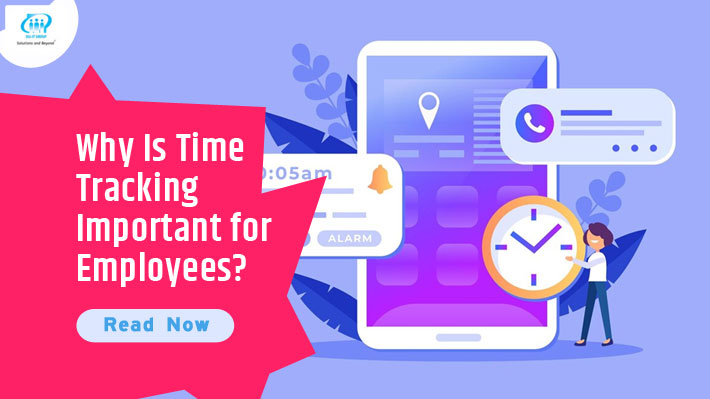Understanding how you spend your time, personally and professionally, depends on time monitoring. It is essential for insight, productivity, and a smooth workflow. You can start considering if your time is being used wisely after you know the jobs that require the most of it.
It’s not always the case that the projects that take the longest to finish or yield the most benefits also demand the most work. Quite often, the opposite.
Managers and staff can use online time tracking software to keep track of the hours they work for operations, billing, and payroll. They all record the time spent on assigned tasks and are utilized to automate customer invoices or payroll.
They can also provide operational insights, with time tracking software’s primary advantage being the ability to fully track how, where, and when workers spend their time and assist them in setting appropriate priorities.
Other significant advantages include improved deadline accuracy, increased productivity, easier time tracking, employee empowerment, and workplace transparency. Project management, alarms, time tracking, online invoicing, online timesheet, reporting & analytics, and user administration are some additional crucial features.
The Advantages of Timekeeping
The information that HRMS provides via time tracking can frequently be eye-opening. How much time do you waste on email, web browsing, or sifting through a mountain of folders to find that one document?
These are frequently seen as unimportant daily tasks, yet when added up, they’re among the most time-consuming, non-billable operations you perform during the workweek. Is that justified?
-
Openness In Working Procedures
By integrating time registrations into your daily operations, you immediately increase your company’s transparency. It gives you insights into the tasks being accomplished and their duration, enabling you to stay on top of the working process. You also prioritize your work more effectively as you know which tasks are routinely neglected.
Employees will eventually be able to see a more comprehensive picture thanks to time-tracking technologies. They can monitor what others have been up to and reflect on their duties to maximize productivity if necessary.
-
Enhanced Responsibility Among Staff Members
Because they have to disclose the hours they spend on projects, employees become more concentrated when they are required to register their time. Everyone is trying to be as productive as possible since they know the time is running out. Employees who review their work week will begin to identify patterns and trends in their work hours and try to reduce non-billable labour.
After you’ve answered some of these questions, it’s time to think about what could be improved to make your workflow more productive and efficient. Is there a better way to arrange the work?
Does the hardware or software require an update? Have you ever had to wait for someone or something before moving forward? What about the procedure irritated you? Modify it. These are crucial inquiries that you and your team should be asking. Sort the jobs into priority lists and set aside time for each.
-
Knowledge Of Your Invoicing and The Effectiveness of Your Operations
Time tracking is essential for increasing operational efficiency if you run a service-based firm because it shows the productivity level of the entire team and each contributor in your billable utilisation report. You can adjust your billing accordingly by tracking the amount of time spent on client work. Consequently, increasing billable hours is a road to greater corporate profitability.
-
Knowledge Of the Areas with The Highest Resource Demand
A critical indicator of resource requirements is time spent. It provides information on who adds the most value to the team and indicates whether a department needs extra workers or other inputs. This information is vital for the group and the company as a whole.
Perhaps only one person works on the project most of the time. Maybe some adjustments are necessary to level the playing field for all parties involved, such as task and responsibility sharing or redistribution.
-
Monitoring The Expenditure of The Budget
How can you effectively maintain an eye on your project’s accurate budget? Time tracking once more! You don’t need to perform additional work to determine how much of the budget has already been spent as staff members complete their timesheets, recording their time spent on activities and projects. All you have to do is confirm that the rate cards and hourly rates were set correctly.
Begin Now
Now that you know the advantages of time tracking, schedule an appointment with one of our HRMS productivity experts to learn more about how DLI-IT can assist your company in keeping track of elapsed time and resource allocation towards various projects and tasks.
